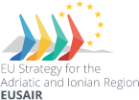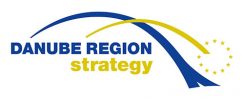European Commission held its first workshop on the topic of the European Green Deal!
The goal of the European Commission aimed at establishing a sustainable EU economy and is very ambitious: environmentally and climate neutral Europe by 2050.
This year's Mediterranean Coast and Macro-regional Strategies Week 2020 offered a variety of content, related to developments at sea and on land as well as with the current situation in Europe after the pandemic. Although this is exactly why many meetings took place virtually, the organizers of the Week have traditionally followed and led the events from Izola, Slovenia.
On 21 and 22 September 2020, the European Commission held its first workshop on the topic of the European Green Deal, aimed at establishing a sustainable EU economy. The goal of the European Commission is very ambitious: environmentally and climate neutral Europe by 2050. The workshop was organized by members of the EUSAIR thematic steering group for Environmental Quality, implementation structure of the EUSAIR Facility Point Slovenian project partner Municipality of Izola, with the support of INTERACT, Slovenian Ministry of Foreign Affairs and Ministry of Environment and Spatial Planning. Representatives of all four macro-regional strategies participated: from the Baltic through the Alps and the Danube to the Adriatic and Ionian Seas.
For more information on the topic, with background notes, materials and concluding remarks follow this link.
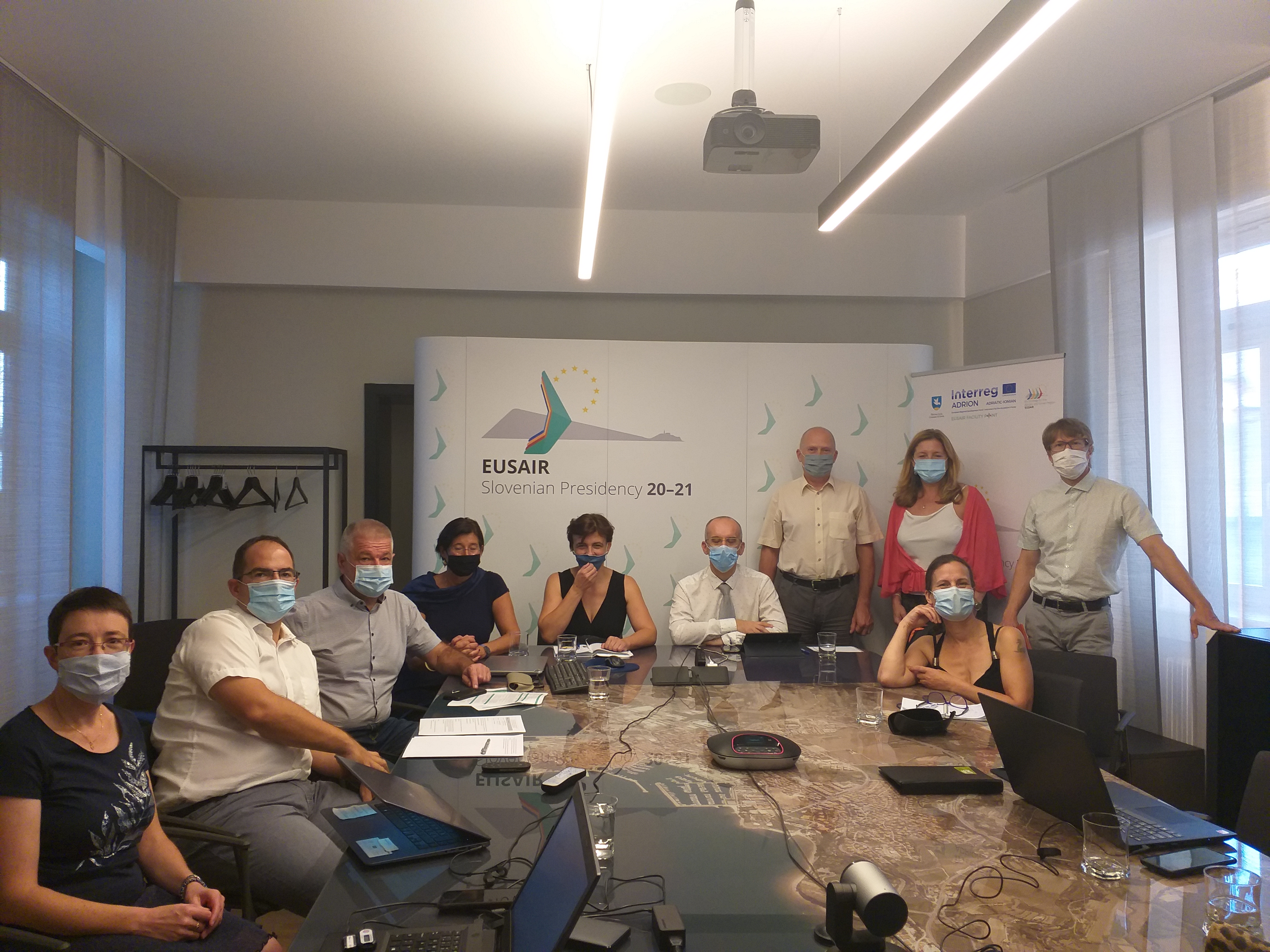
Andreja Jerina, Slovenian National Coordinator for Macro-Regional Strategies, summed up the discussion: "We have all the building blocks for the Green Deal to become a reality." On 18 September 2020, the European Commission announced a tender worth as much as billion euros to develop green infrastructure, biodiversity and marine spatial planning. "The tender is an excellent springboard for the implementation of projects, developed under the Environmental Quality Pillar, as all of them bring solutions to the land and sea of the Adriatic-Ionian region; namely integrated land and sea management in the case of the former coastal road, joint protocol and equipment for action in the event of accidents at sea, increasing protected areas at sea in cooperation with fishermen, avoiding people and large carnivores in spatial planning," explained the Slovenian Coordinator of the Environmental Quality Pillar, Mitja Bricelj.
Why is the development of green infrastructure one of the most important goals of the European Union? Because it is the basis of the quality of human life and provides many ecosystem services as well as the foundations for biodiversity and human survival. At a conference led by the Institute of the Republic of Slovenia for Nature Protection, they presented the vulnerability of Europe in food supply during the pandemic.
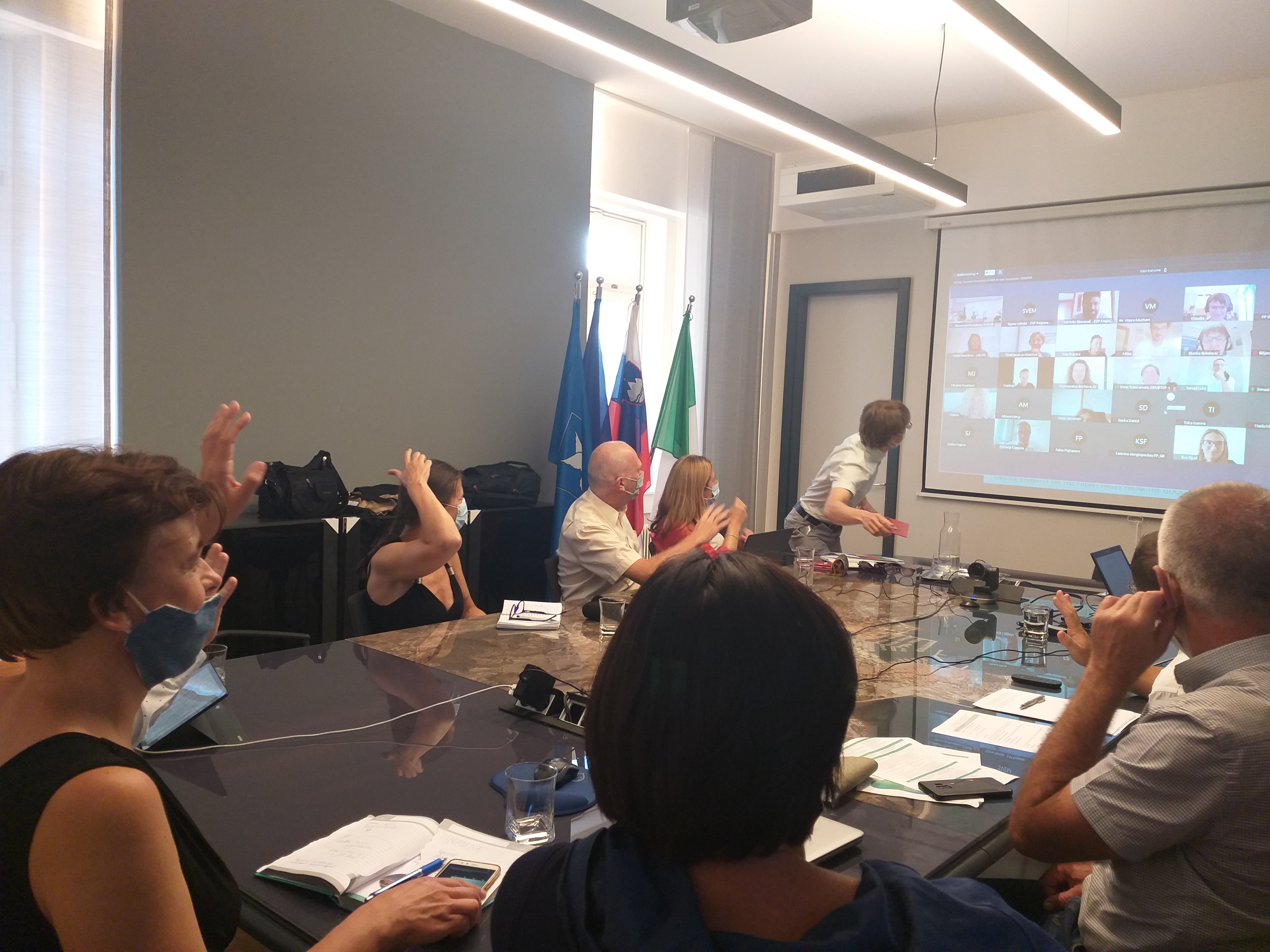
A workshop on tourism recovery also showed that cooperation is key to change. The discussion of the representatives of the European Commission, macro-regional coordinators and experts in the field of tourism, which was based on the analysis of the possibility of reviving tourism after the pandemic clearly showed the need for the mentioned collaboration.
The Week will be concluded by a discussion on Smart Specialization Strategies, organized by the Government Office of the Republic of Slovenia for Development and European Cohesion Policy. Representatives from various countries involved in the Adriatic-Ionian Macro-region will exchange information and best practices. Building a common ground in the field of Smart Specialization is a precondition for smart investments of the European funds. That said, it is important that Smart Specialization Strategies are coordinated, in order to be able to plan and implement coordinated projects. But more on this topic will be told in the following days.
You might be interested in
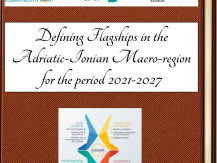
EUSAIR flagships all summed up!
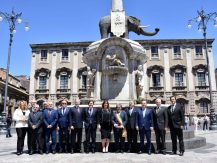
3rd EUSAIR Annual Forum – CATANIA DECLARATION

The Hellenic Republic assumes the Presidency of the EU Strategy for the Adriatic and Ionian Region (EUSAIR) (1 June 2024 – 31 May 2025)




